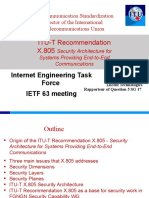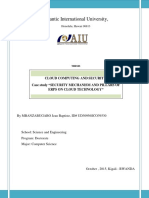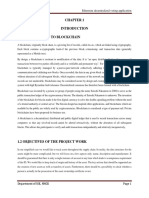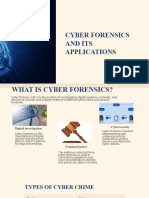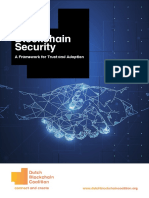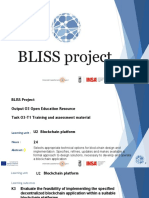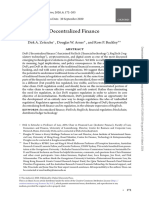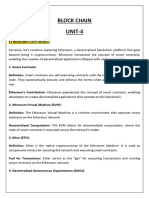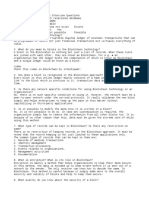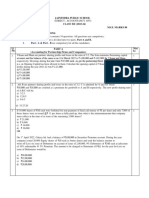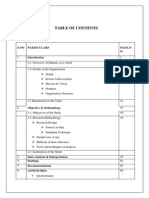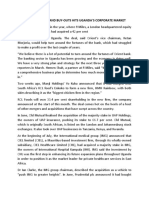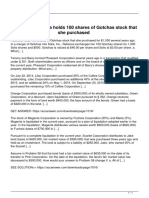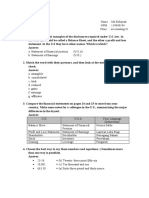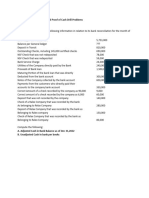0% found this document useful (0 votes)
485 views28 pagesBlockchain Technology Insights
This document provides an overview of blockchain technology and its adoption across industries. It begins with defining blockchain and discussing its origins with Bitcoin. It then covers three levels of blockchain applications including tokens and smart contracts. Major industry initiatives and alliances like Hyperledger and Ethereum are overviewed. Uses in financial services and factors driving adoption across sectors are summarized. Overall the document aims to introduce blockchain concepts and showcase growing real-world implementation.
Uploaded by
Paulo JunqueiraCopyright
© © All Rights Reserved
We take content rights seriously. If you suspect this is your content, claim it here.
Available Formats
Download as PPTX, PDF, TXT or read online on Scribd
0% found this document useful (0 votes)
485 views28 pagesBlockchain Technology Insights
This document provides an overview of blockchain technology and its adoption across industries. It begins with defining blockchain and discussing its origins with Bitcoin. It then covers three levels of blockchain applications including tokens and smart contracts. Major industry initiatives and alliances like Hyperledger and Ethereum are overviewed. Uses in financial services and factors driving adoption across sectors are summarized. Overall the document aims to introduce blockchain concepts and showcase growing real-world implementation.
Uploaded by
Paulo JunqueiraCopyright
© © All Rights Reserved
We take content rights seriously. If you suspect this is your content, claim it here.
Available Formats
Download as PPTX, PDF, TXT or read online on Scribd
/ 28





















